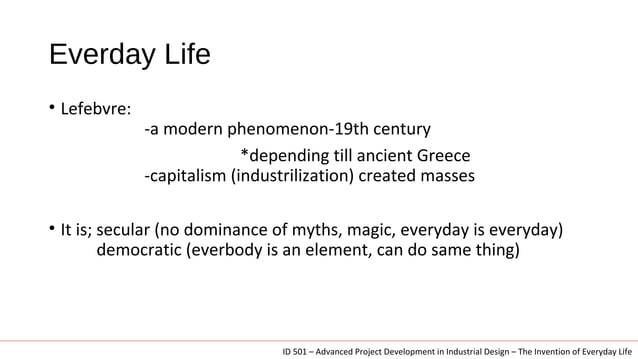

Includes hardcover book, deck of language generating cards, 4 core playsets, 11 contributed playsets by renowned game designers, linguists and activists, and a digital copy delivered immediately.Ī story game for 3-5 players in 3-4 hours. CAPITALISM IS like gravity: it envelops our world so completely that its easy to forget about it. Players take away both the story they’ve told and the dialect they’ve built together. Eric Ruder examines the dialectical method developed and deployed by Karl Marx. New words will come from the fundamental aspects of the community: who they are, what they believe in, and how they respond to a changing world. In this game, you’ll tell the story of the Isolation by building their language. These in turn inspired the 2020 launches of both BAFTA-winning director Peter Armstrong's feature film about Fleming's perspective and legacy - 'The Sequel: What Will Follow Our Troubled Civilisation?' - and Sterling College's unique 'Surviving the Future: Conversations for Our Time' online courses.Dialect is a game about an isolated community, their language, and what it means for that language to be lost. His wide-ranging independent analysis culminated in two critically acclaimed books, 'Lean Logic' and 'Surviving the Future', published posthumously in 2016. He was also a pioneer of post-growth economics, and a significant figure in the development of the UK Green Party, the Transition Towns movement and the New Economics Foundation, as well as a Chairman of the Soil Association.


He was among the first to reveal the possibility of peak oil's approach and invented the influential TEQs scheme, designed to address this and climate change. « Back to List of Entriesĭr David Fleming (2 January 1940 – 29 November 2010) was a cultural historian and economist, based in London, England. D32 Lean Logic offers no guarantee that the meaning defined above is already recognised by anyone, but suggests that it would be useful if it were.īivalence, Internal Evidence. Kant, Hegel, Marx and Engels all used it in different ways. determyneth alle the lawes of dialatik, in proposicoun, assumpcoun, etc. The dialectic (Gr: dialektos, discourse) referred originally to the investigation of truth in discussion, and it was used in this sense in the Wyclif Bible: The difficulty with this fallacy is that “dialectics” is a word to which almost everyone seems to ascribe a different meaning. Cypriano Soarezs Art of Rhetoric (1589) On the Art of Speaking (1589) On Oratorical and Dialectical Invention (1589) and On Divine Rhetoric (1595). Here is an identity-defining cause to which anyone can belong, and it gives its members plenty to do, without fear of ever being proved wrong-for the dialectic is unfalsifiable: whatever the outcome, it can be explained by the theory. If things are going well, that is, of course, because workers are winning the struggle for now if things are going badly, that is down to the capitalists and they need to be punished.

The fallacy is important because it allows everything to be explained. Hegel identified dialectic as the tendency of a notion to pass over into its own negation as the result of conflict between its inherent contradictory aspects. The fallacy that all problems can be understood in terms of the struggle between two tendencies: good/evil, light/dark, right/wrong, working class/ruling class, my religion/your religion, my politics/your politics-a way of winding all life’s variety onto just two spools.


 0 kommentar(er)
0 kommentar(er)
